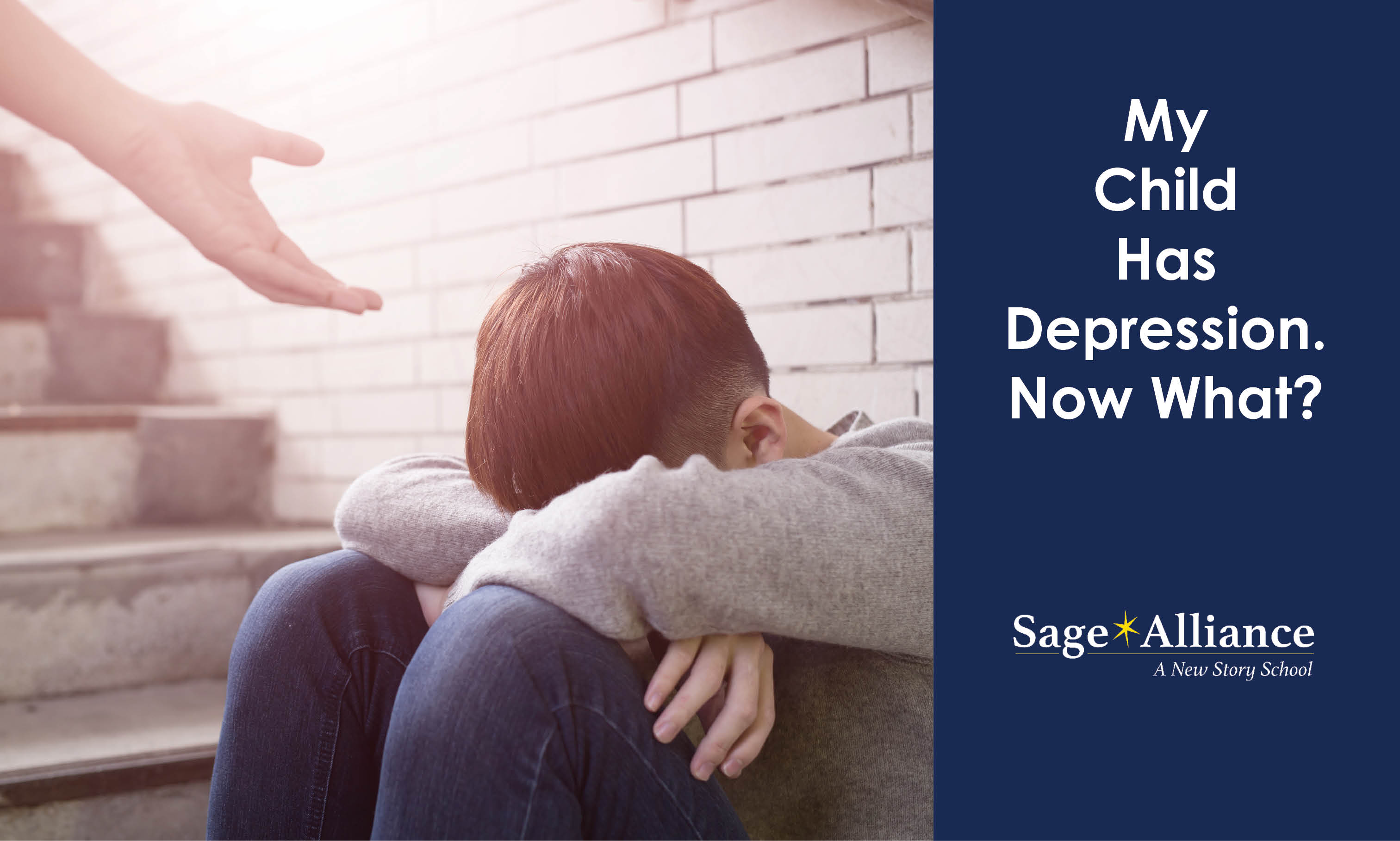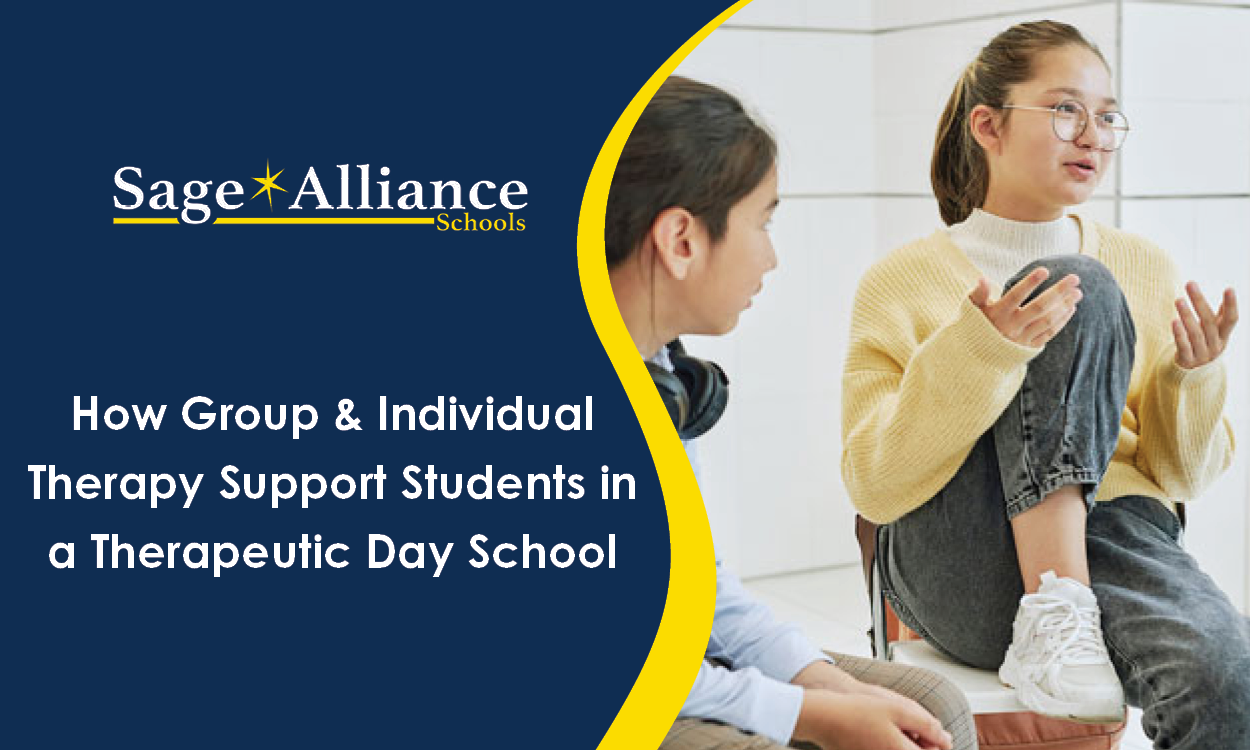My Child Has Depression. Now What?
Posted: July 23, 2018 | Written By: Holly Ference | Category:

Learning about your child’s depression can be scary and often leaves the parent feeling helpless and stressed. Having an open line of communication is vital in trying to understand what your child is experiencing. Therapists recommend using a direct method when approaching your child about their depression.
For many parents it may be difficult, but it is okay to ask your child if they have been feeling depressed. Listening to your child’s thoughts and feelings without any interruption is also a best practice as it allows them to trust you and feel safe when confiding their struggles with you.
Where to Begin
Depression is a sensitive topic for all involved and your involvement in their mental illness can be both good and bad. Though depression is often used as an umbrella term, there are many types of depression that your child can be struggling with.
Common types of depression include major depression disorder, bipolar disorder, seasonal affective disorder, atypical depression, premenstrual depression and persistent depressive disorder. Diagnosing the root of your child’s depression is important to move forward with an effective treatment plan which may include therapy sessions and medication, or even a therapeutic school.
Follow Through
As a parent, try and remain calm and collected about your child’s depression, especially when you are physically with them. When having conversations with your child, avoid putting them down or invalidating their feelings. Always encourage and thank your child for talking to you, this will make them feel comfortable in having these tough conversations and should make them feel confident and safe to confide in you.
What’s Next
Although as the parent you feel responsible and want to help your child cope with their depression, seeking professional help and making sure your child is present at therapy sessions is highly important to their mental health journey. Professionals have formal training in helping teens cope with depression and often, both the child and parent benefit from having a third party involved.
Want to be notified of new articles and resources from Sage Alliance? Click here to submit your email and opt into our newsletter.









